Power Up Your Performance: Unleashing the Strength of Protein
Introduction:
Whether you're an athlete pushing your physical limits or someone striving for an active and healthy lifestyle, the role of protein in powering up your performance cannot be overstated. Protein is a fundamental building block for muscles, aiding in recovery, and enhancing overall physical endurance. In this blog post, we'll explore the significance of protein in optimizing performance and provide insights on how to leverage its benefits for your fitness journey.
The Protein-Powered Performance Advantage:
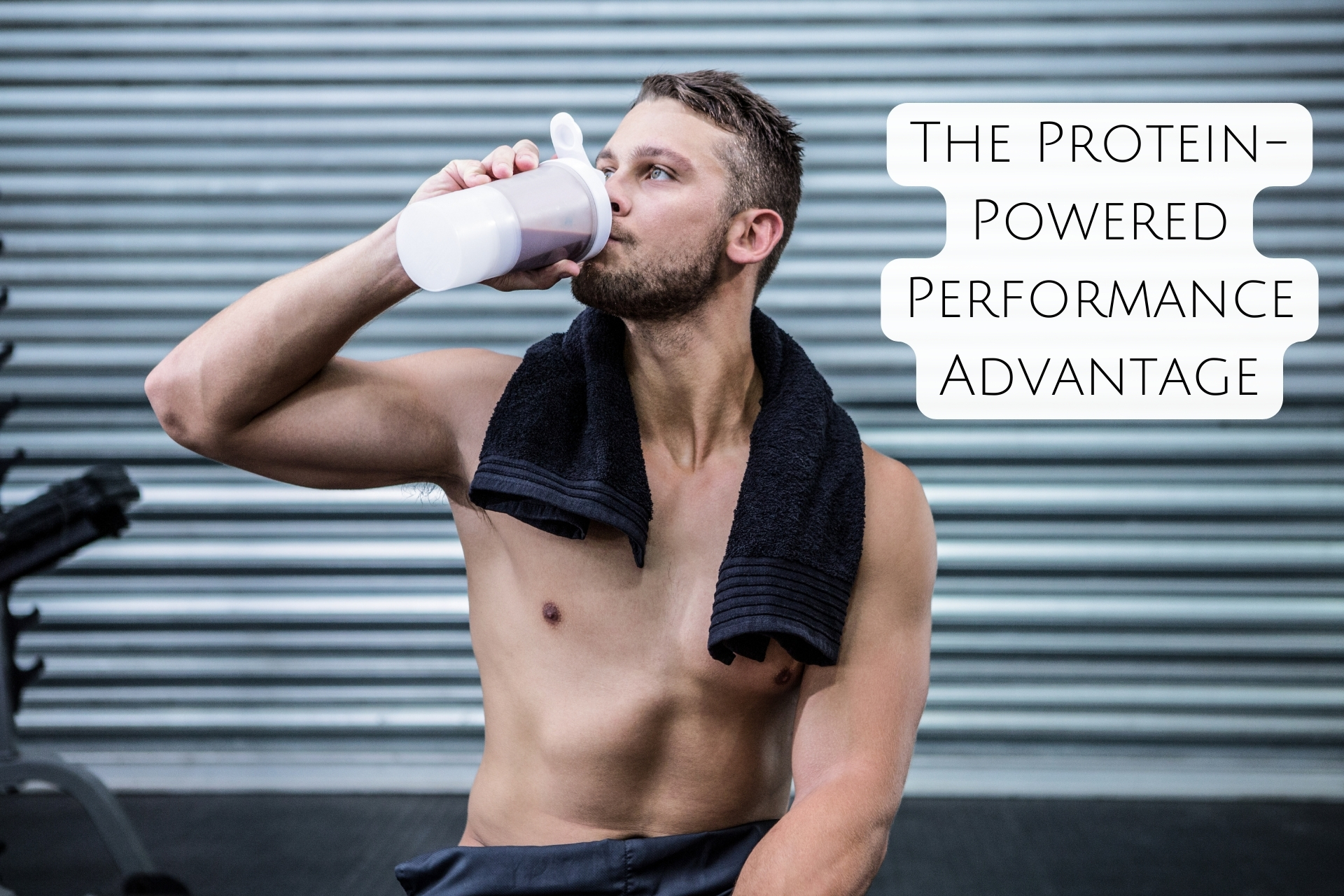
Muscle Building and Repair:

Protein is essential for muscle growth and repair. When you engage in physical activities, especially strength training or endurance exercises, your muscles undergo stress and need adequate protein to recover and grow stronger.
Optimal Energy Utilization:
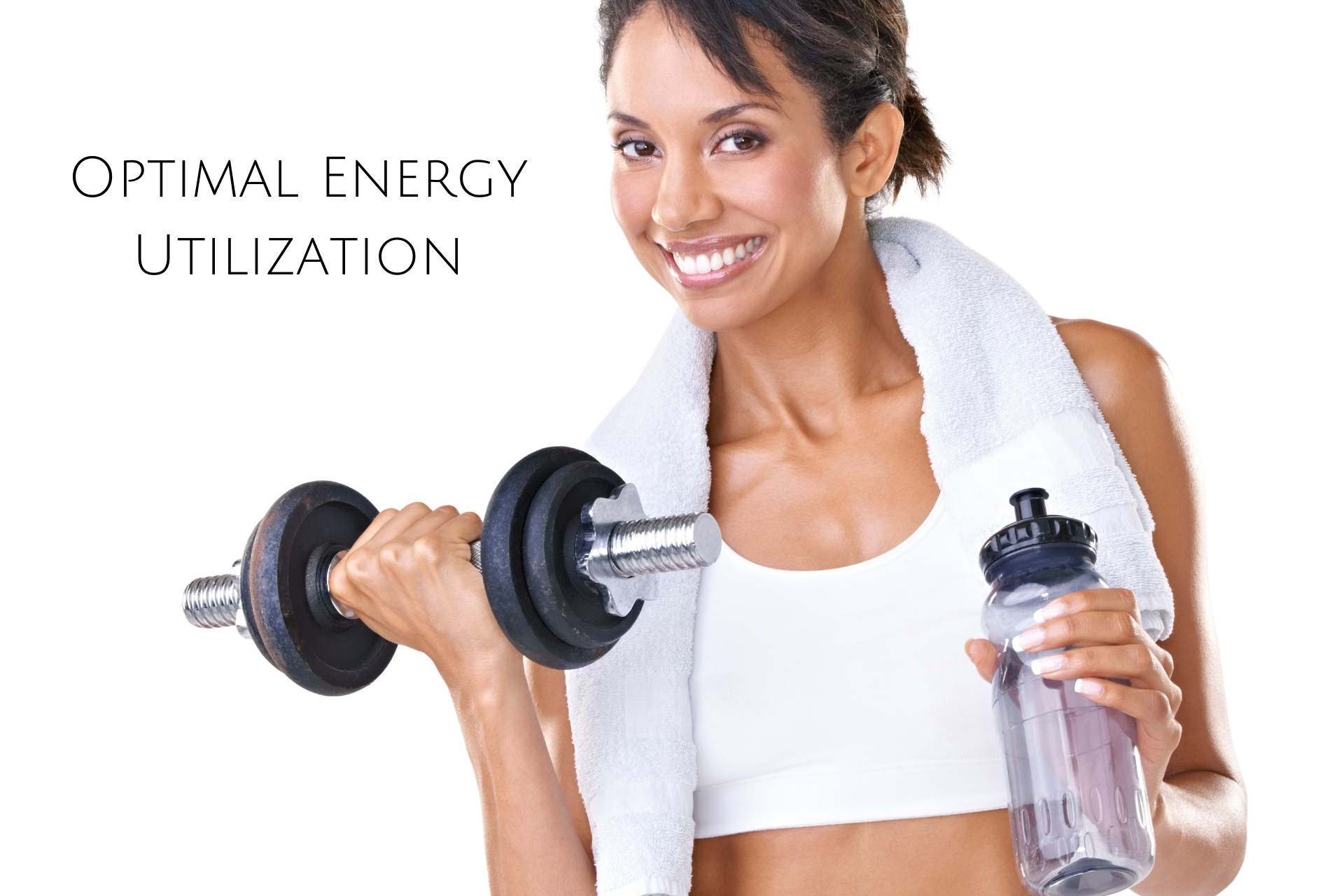
While carbohydrates are the body's primary energy source, protein plays a crucial role in providing sustained energy during prolonged activities. It becomes especially important in endurance sports or activities that require consistent effort over an extended period.
Enhanced Endurance:

Protein contributes to the development of lean muscle mass, which can improve overall strength and endurance. This can lead to better performance in activities such as running, cycling, or high-intensity interval training (HIIT).
Faster Recovery:
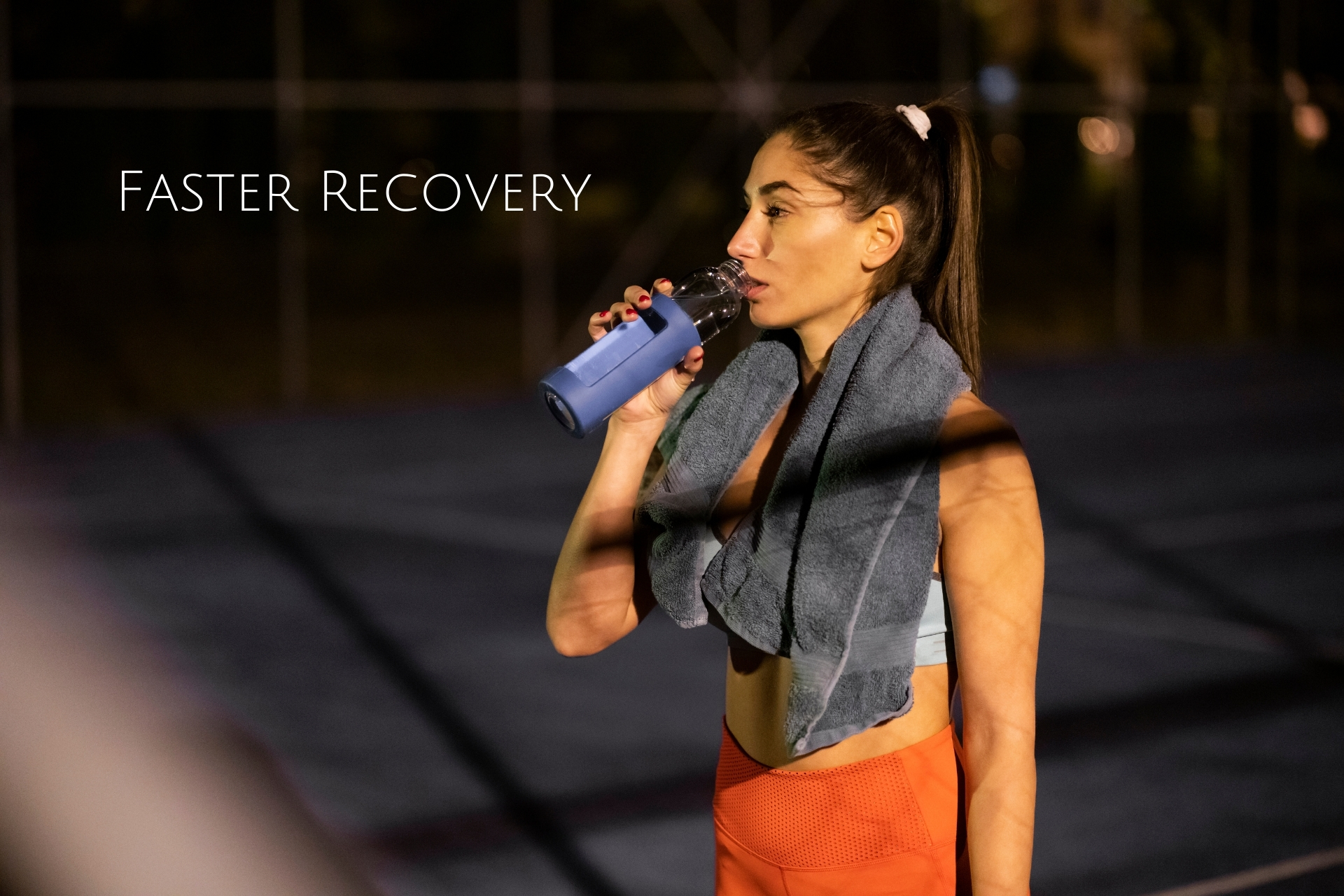
Protein supports the repair of tissues and helps reduce muscle soreness after intense workouts. Faster recovery means you can get back to your training routine more quickly, allowing for consistent progress.
Protein-Rich Foods for Peak Performance:
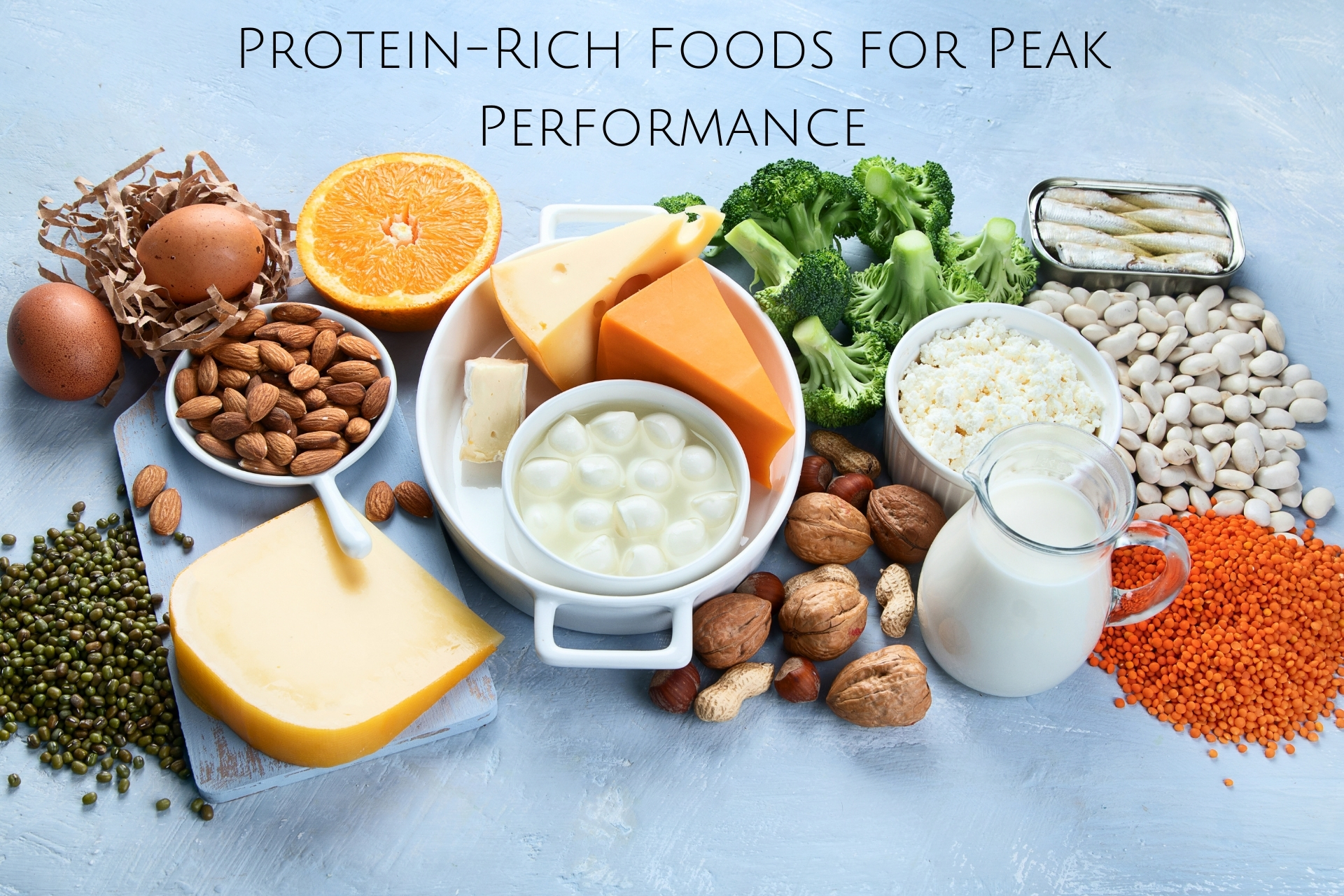
Lean Meats:
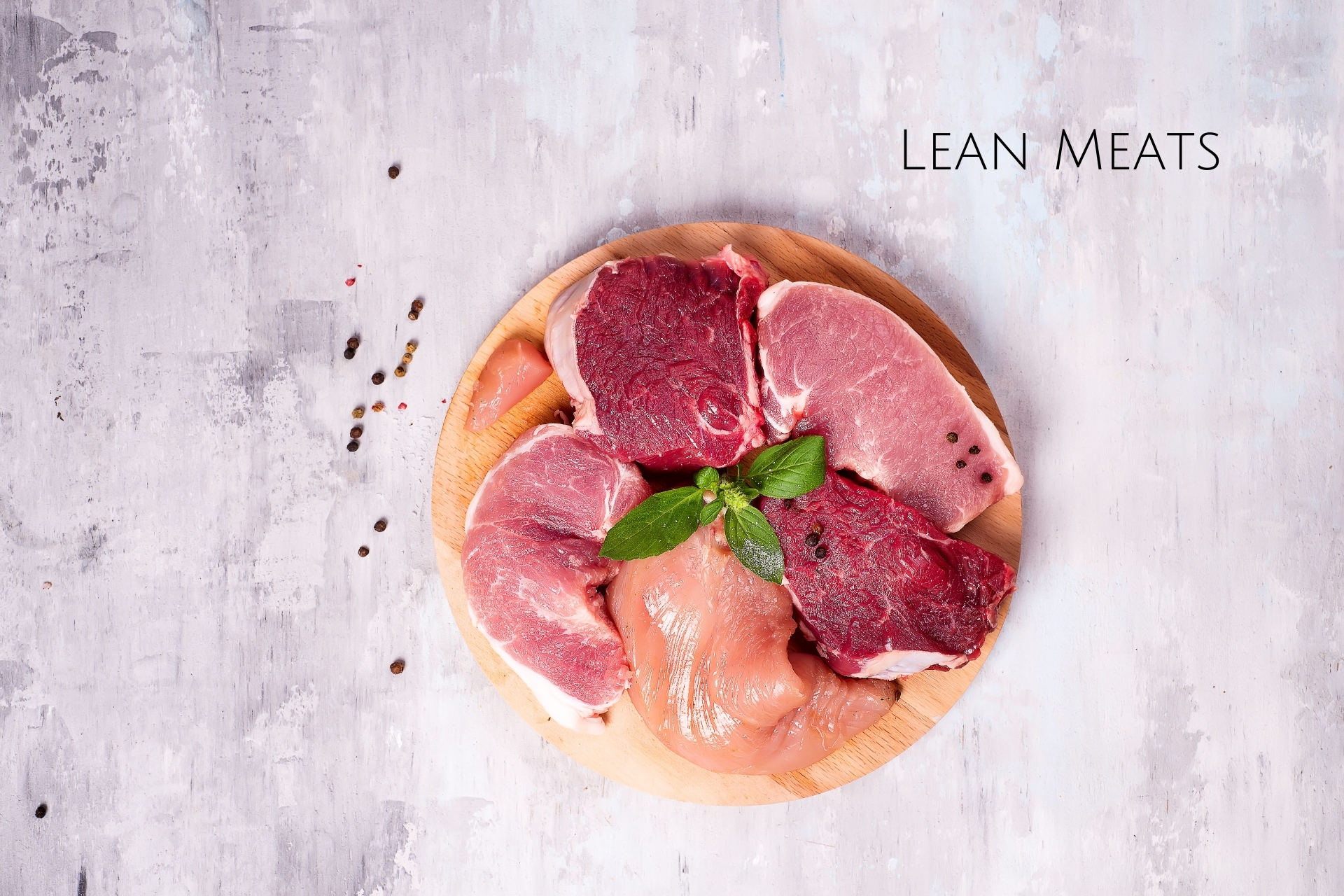
Chicken Breast:Skinless, boneless chicken breast is a lean protein source that is versatile and can be prepared in various ways.
Turkey:Lean ground turkey or turkey breast is an excellent choice with lower fat content compared to some other meats.
Lean Cuts of Beef:Choose lean cuts such as sirloin, tenderloin, or round steak. Trimming visible fat before cooking helps reduce overall fat content.
Pork Tenderloin:Pork tenderloin is a lean cut of pork that can be a flavorful and nutritious option when prepared with healthy cooking methods.
Fatty Fish:
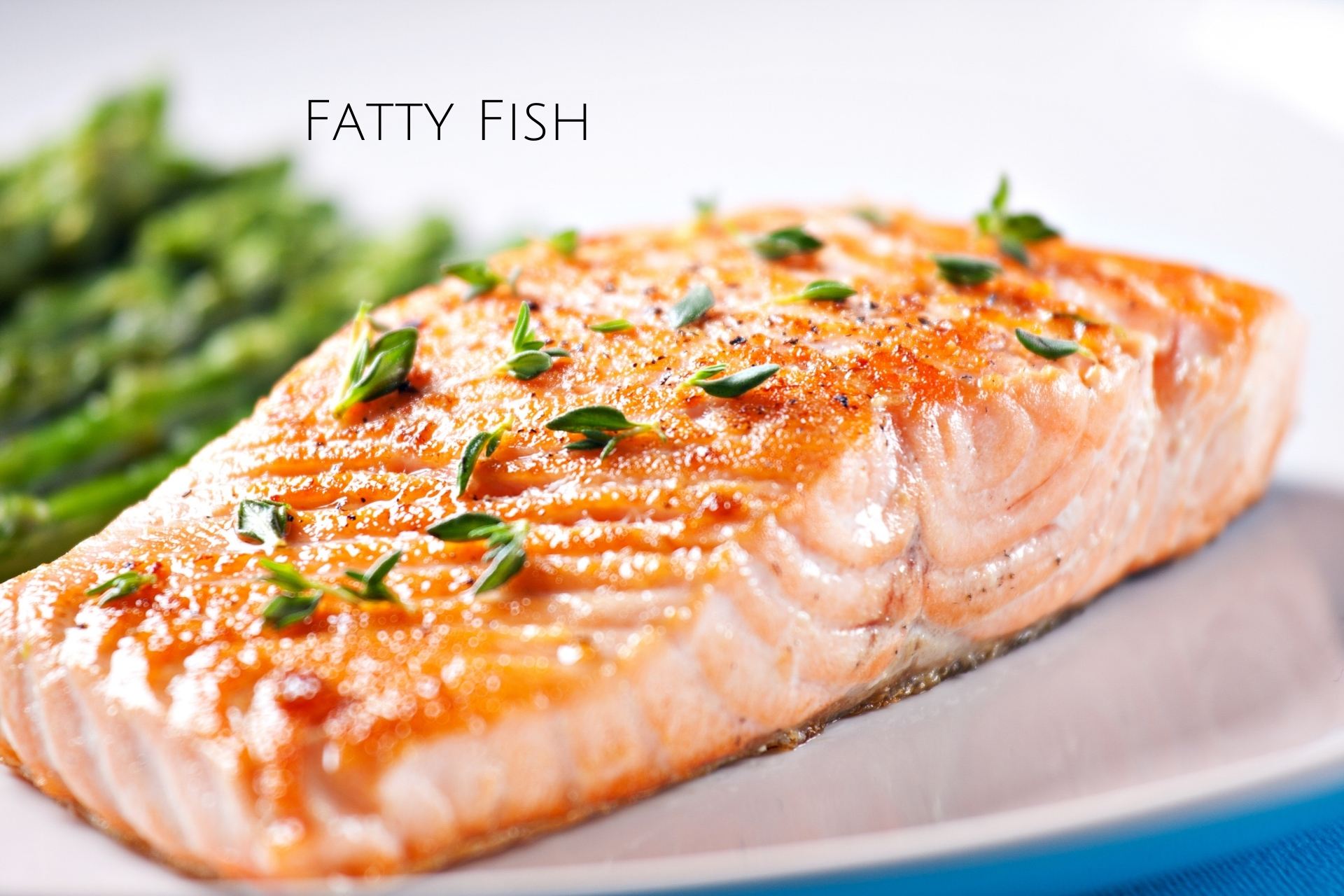
Salmon:Salmon is one of the most well-known fatty fish and is an excellent source of omega-3 fatty acids, particularly EPA (eicosapentaenoic acid) and DHA (docosahexaenoic acid). Additionally, it serves as an excellent source of premium-quality protein.
Mackerel:Mackerel is a fatty fish that provides a substantial amount of omega-3s. It is rich in nutrients such as vitamin B12, selenium, and vitamin D.
Sardines:Sardines are small, oily fish that are packed with omega-3s, calcium, vitamin D, and protein. They are often available in canned form.
Trout:Trout, especially rainbow trout, is a fatty fish that offers a good dose of omega-3 fatty acids. It also provides essential nutrients like vitamin B12 and vitamin D.
Dairy Products:
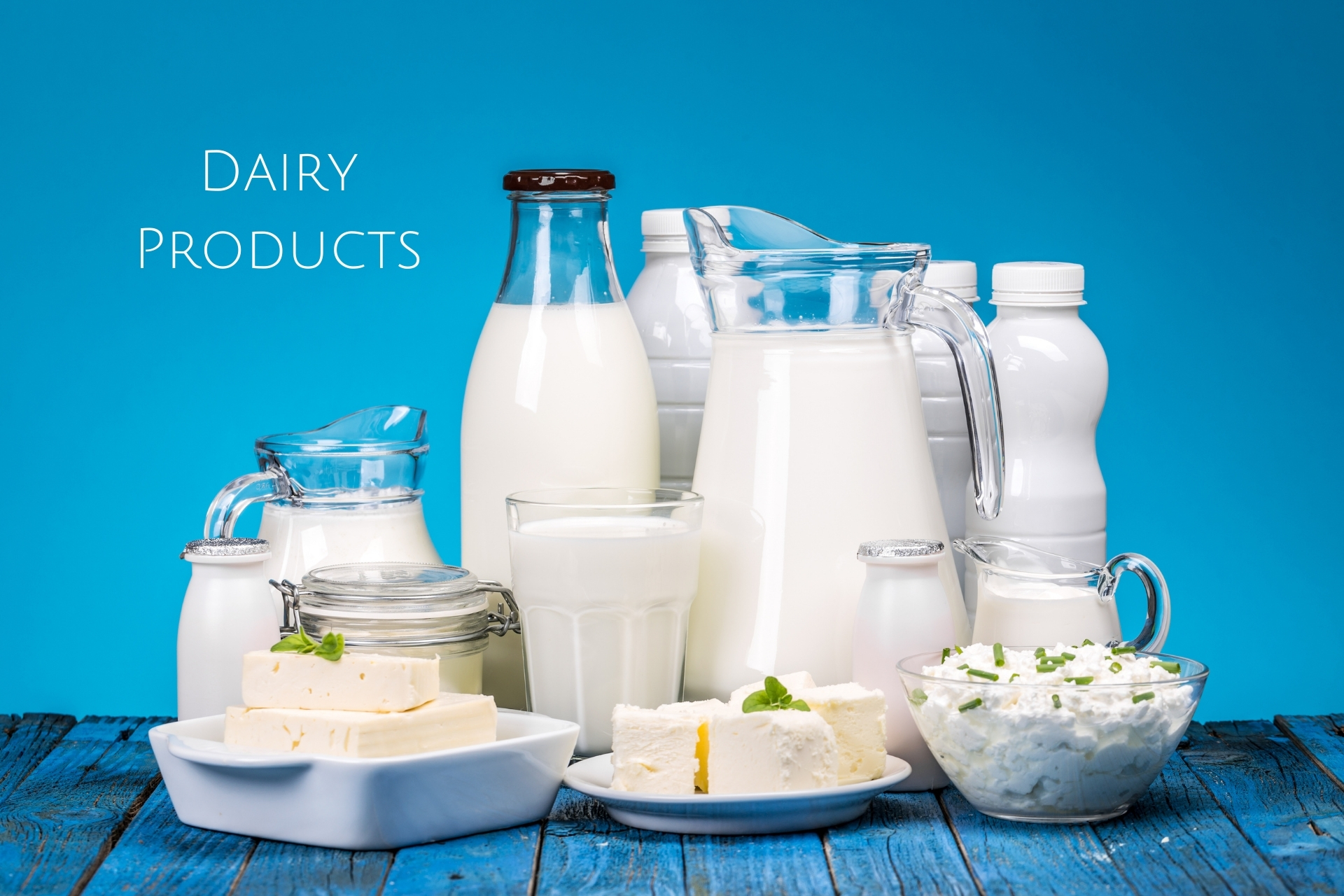
Milk:Milk is a primary source of nutrients, including calcium, vitamin D, and protein. It is available in various forms, such as whole milk, low-fat milk, and skim milk.
Cheese:Cheese comes in numerous varieties, each offering a unique flavor and texture. Some popular types include cheddar, mozzarella, Swiss, feta, and Parmesan. Cheese provides calcium, protein, and fat.
Yogurt:Yogurt is a fermented dairy product that contains beneficial probiotics, which support gut health. It also provides protein, calcium, and vitamin D. Choose plain or Greek yogurt for lower added sugars.
Eggs:
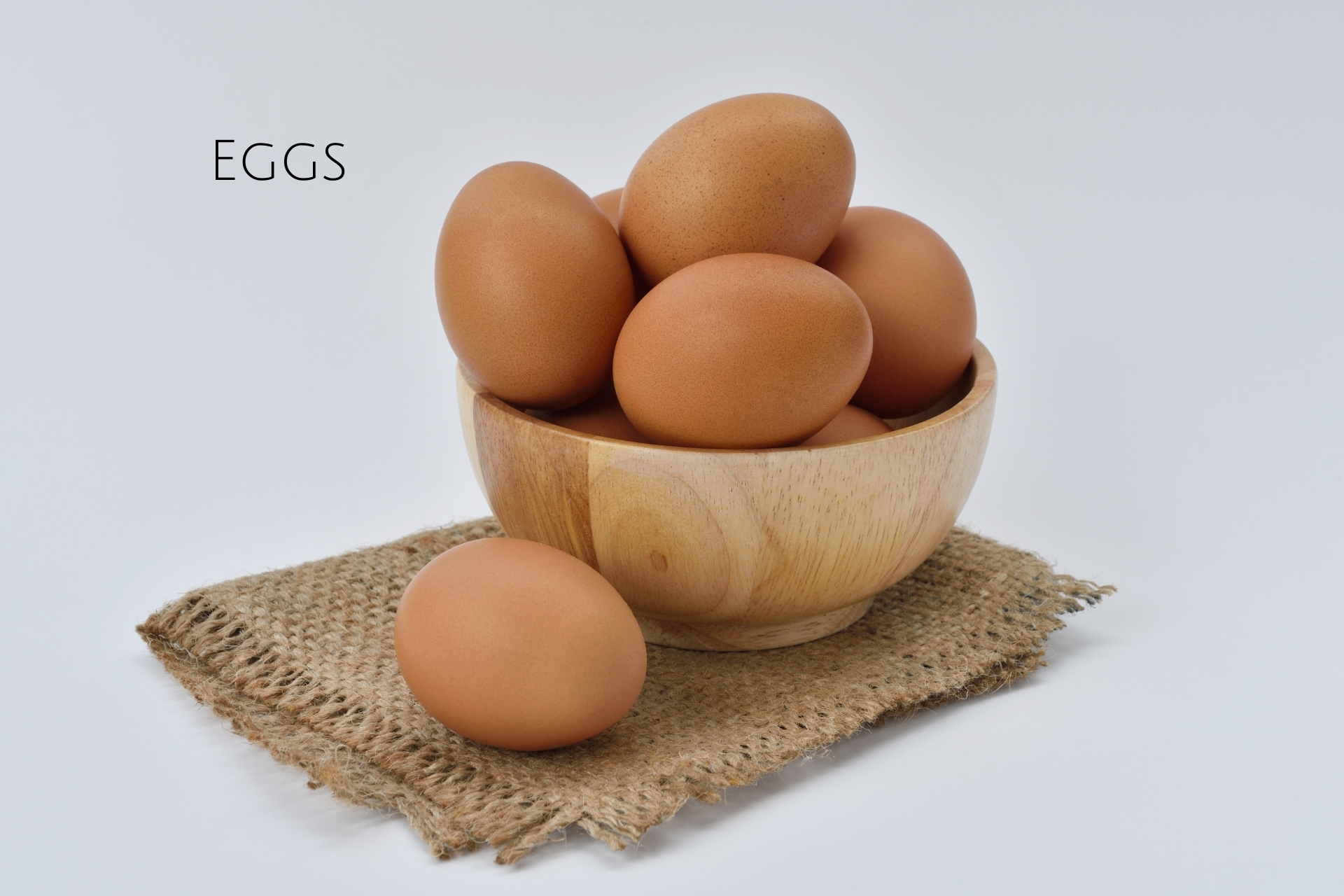
Eggs provide a comprehensive array of essential amino acids, making them a complete and high-quality source of protein. They are versatile and can be incorporated into various dishes.Eggs are a versatile and nutritious food that has been a dietary staple for centuries. They are rich in essential nutrients, high-quality protein, and various vitamins and minerals.
Plant-Based Proteins:
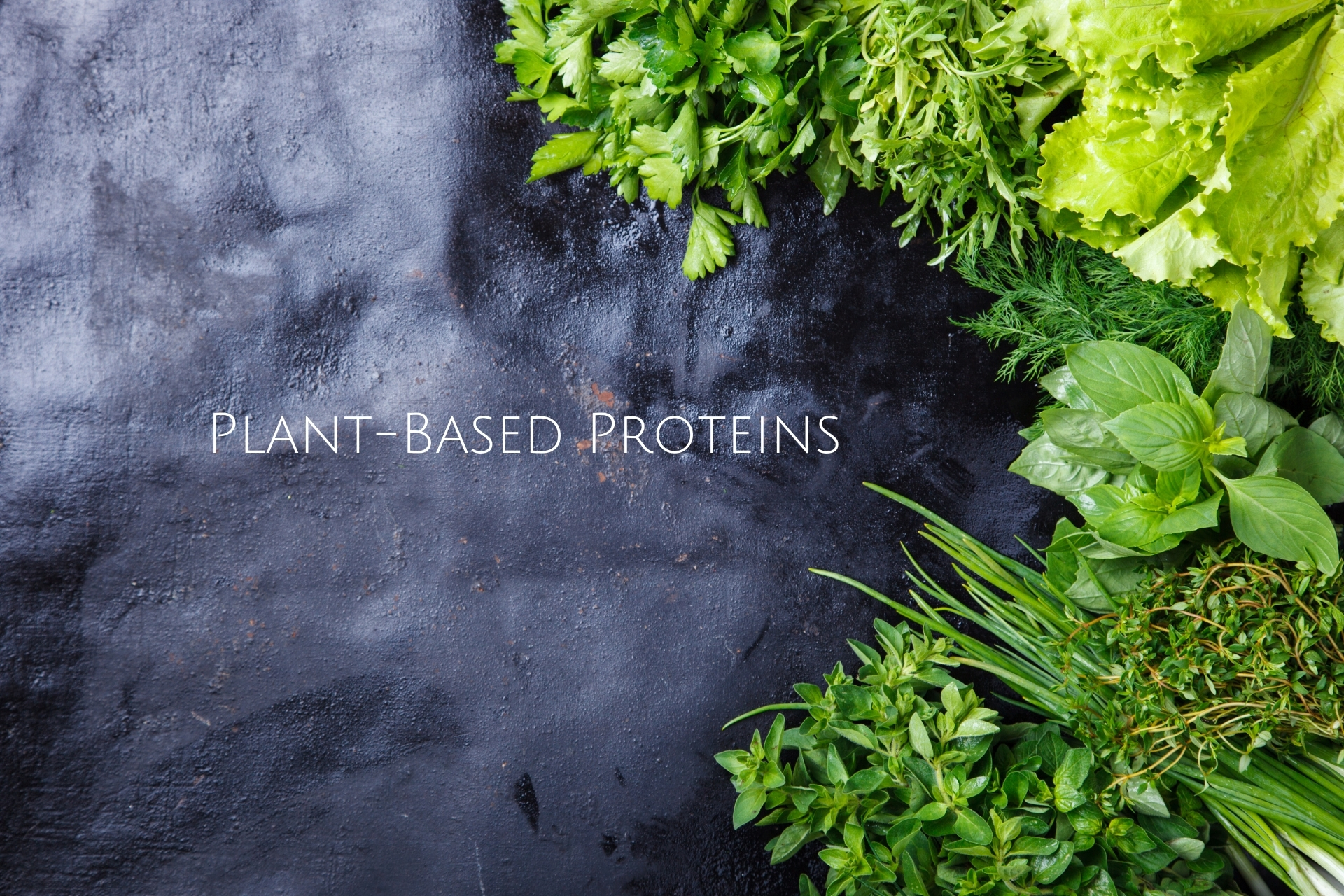
Incorporate beans, lentils, tofu, and edamame for plant-based protein options. These are not only rich in protein but also offer fiber and various nutrients.
Mixed Plant-Based Meals:Combine different plant-based protein sources in meals to ensure a variety of nutrients and amino acids.
Snacks:Snack on nuts, seeds, or edamame for a protein-rich and satisfying snack.
Protein-Rich Salads:Include a mix of legumes, grains, nuts, seeds, and vegetables in salads for a nutritious and protein-packed meal.
Smoothies:Blend plant-based protein sources like almond butter, chia seeds, or plant-based protein powder into smoothies.
Strategies to Optimize Protein Intake:
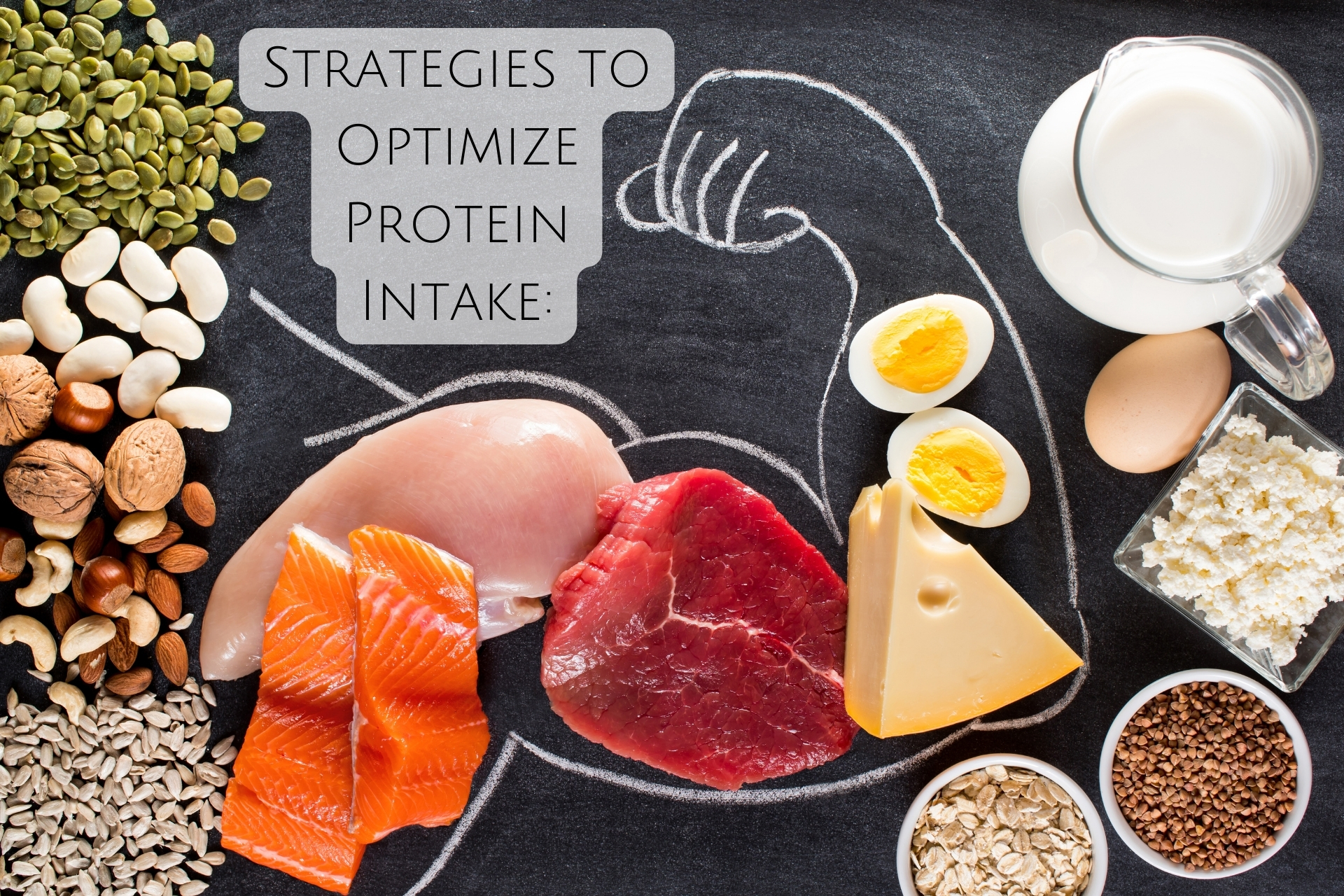
Timing Matters:
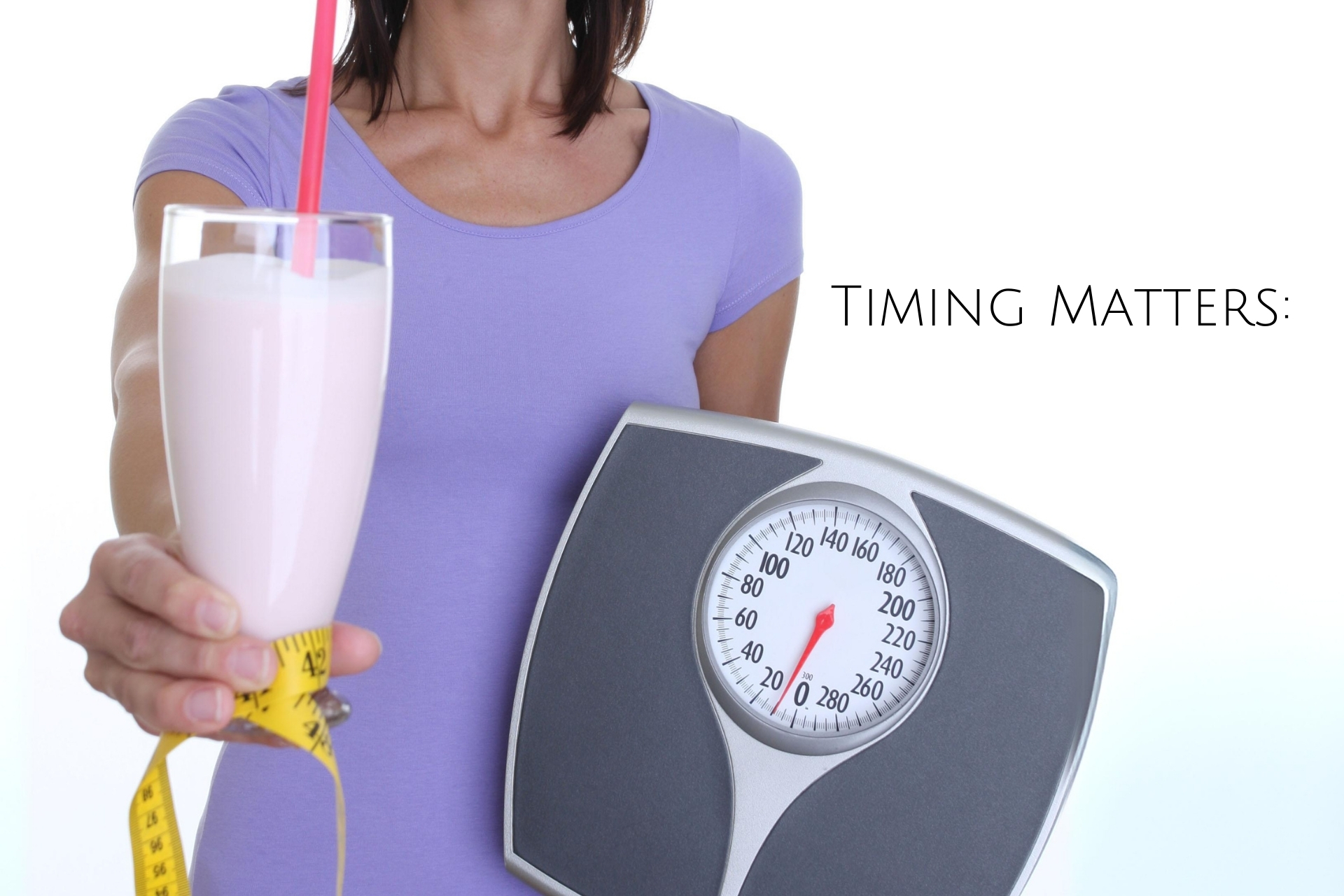
Consume protein both before and after workouts to maximize its benefits for muscle building and recovery.
Protein Supplements:
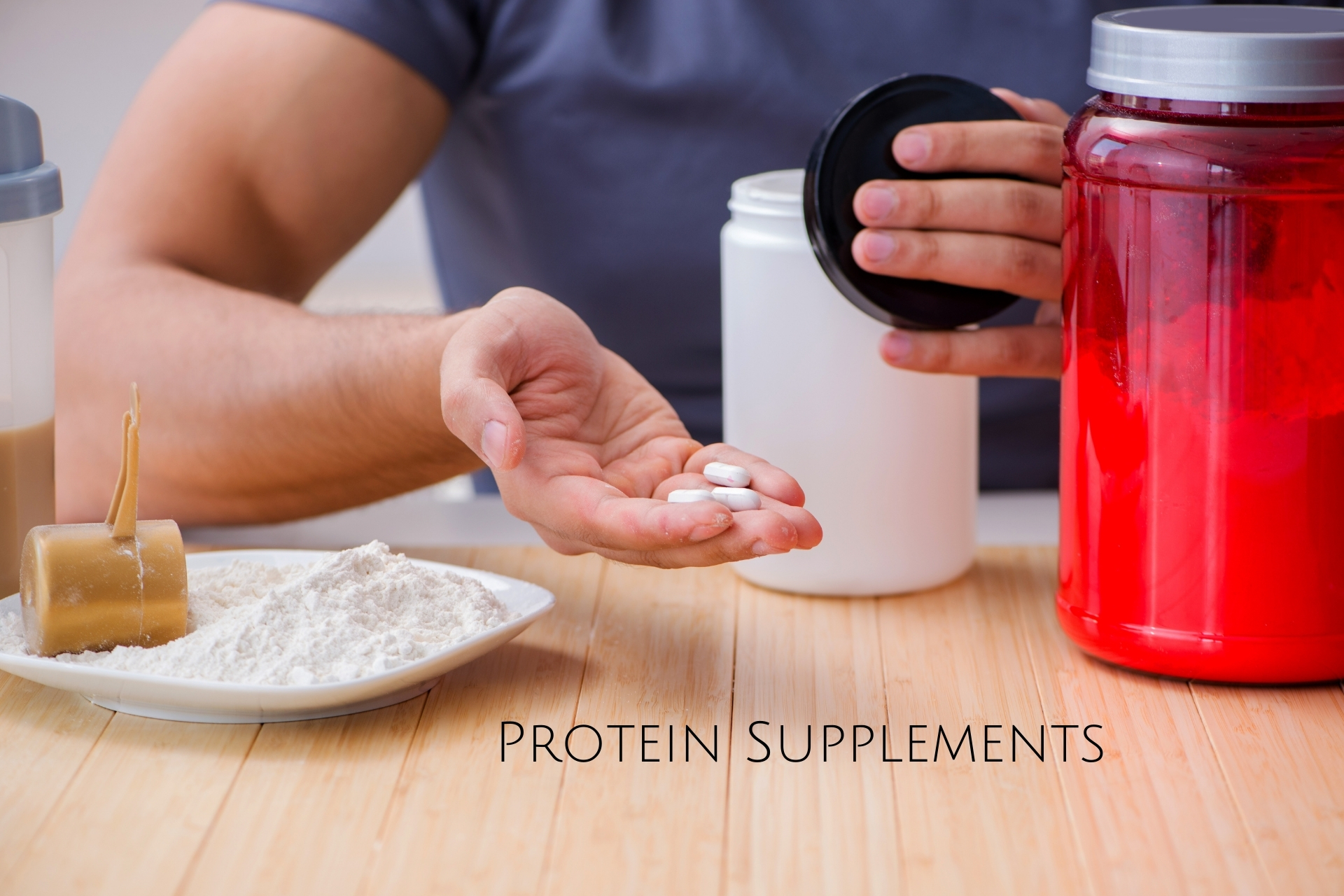
Whey protein, plant-based protein powders, or protein bars can be convenient options to supplement your protein intake, especially when on the go. Protein supplements are dietary products designed to increase protein intake, often used by individuals aiming to meet specific protein requirements for various reasons such as muscle building, recovery, or dietary restrictions. It's important to note that while protein supplements can be convenient, they should not replace whole food sources of protein in a balanced diet.
Balanced Diet:
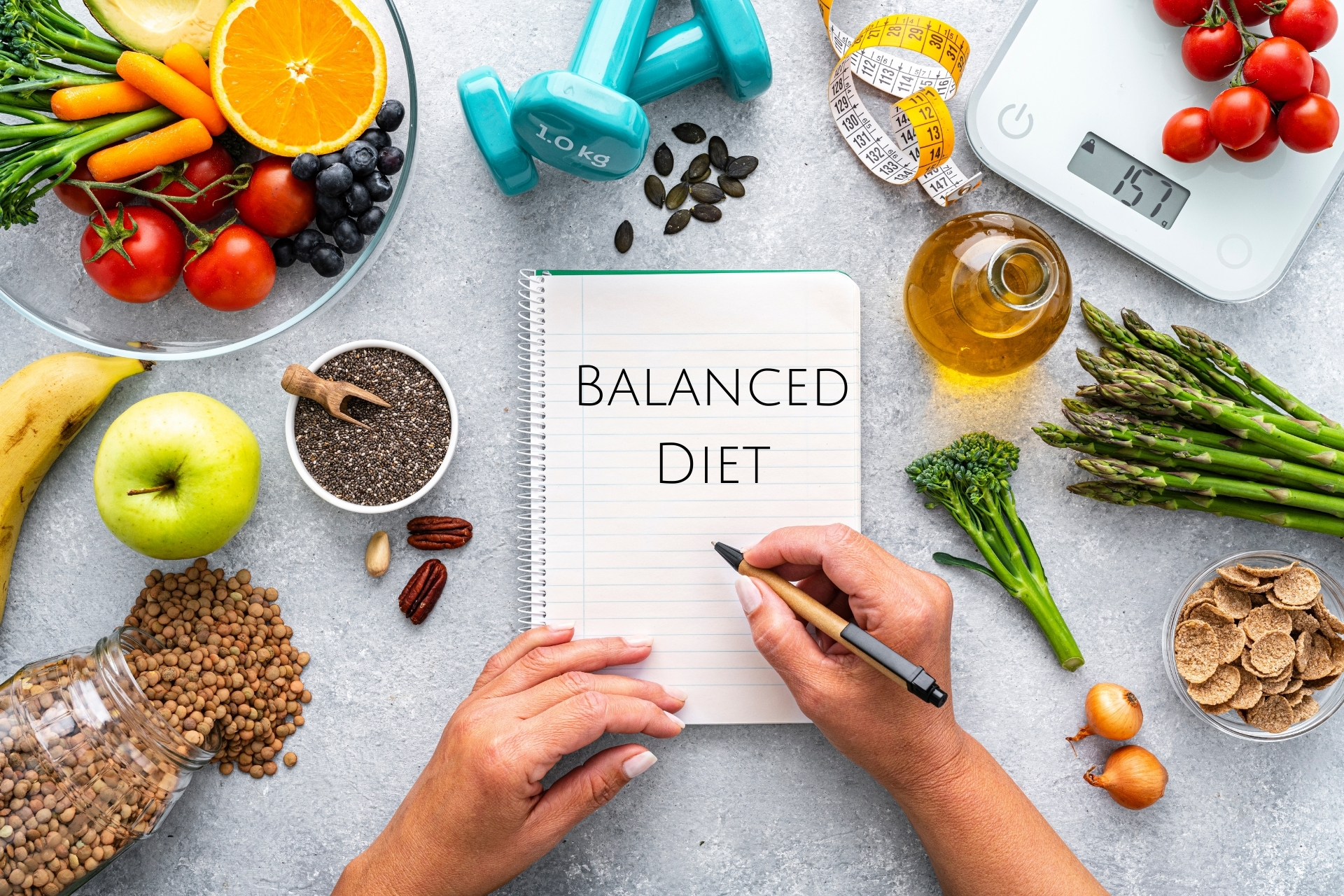
Ensure a well-rounded diet that includes a mix of protein sources, carbohydrates, and healthy fats to support overall performance. Ensuring a well-rounded and nutritious diet is crucial for sustaining optimal health and overall well-being. It involves consuming a variety of foods in the right proportions to provide the necessary nutrients that the body needs for proper function, growth, and development.
Hydration:

Stay hydrated, as water is essential for various bodily functions, including nutrient transport and digestion. Ensuring proper hydration is a foundational element for preserving optimal health and overall well-being. Water is essential for various bodily functions, and staying adequately hydrated supports overall physical and mental performance.
Conclusion:
Powering up your performance with protein is a holistic approach that involves both the quantity and quality of protein intake. Whether you're striving for muscle gain, endurance, or overall fitness, incorporating protein into your diet strategically can make a significant difference. Remember, achieving your performance goals is not just about working harder but also about nourishing your body with the right nutrients. Embrace the strength of protein and unlock your full potential in every workout and physical endeavor.
Recent Posts
-
Why Hormonal Balance Is the Missing Piece in Women’s Wellness
Introduction: Hormones are the body's biochemical messengers that orchestrate nearly every aspect of
-
The Science Behind Mycotoxin Detox: What Does Research Say?
With increasing awareness of the impact of mycotoxins on health, the concept of mycotoxin detoxifica
-
The Science Behind Plant-Based Meat: How Technology is Changing Our Food
In recent years, the food industry has witnessed a seismic shift with the rise of plant-based meat a





